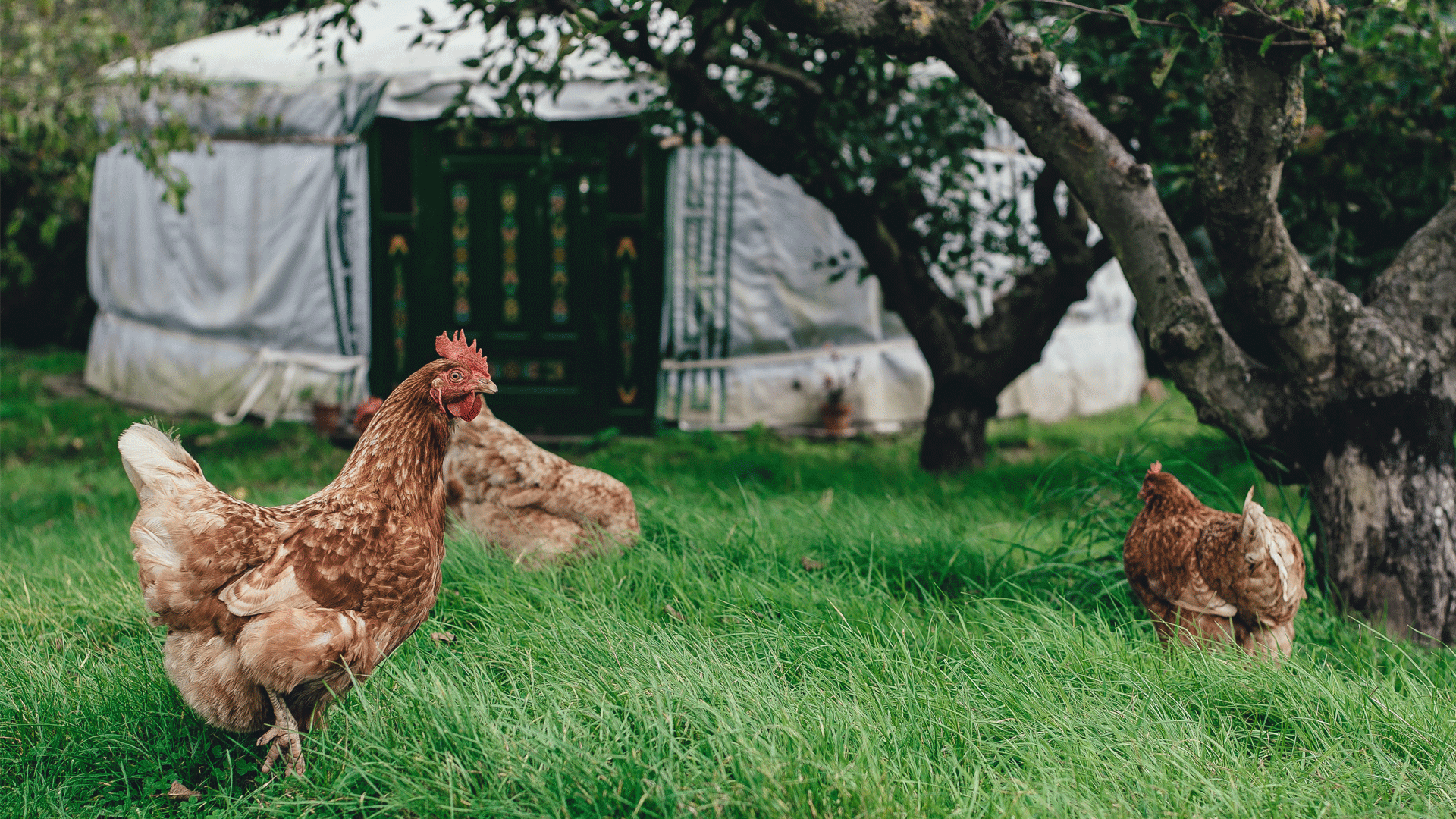
08 Jan 9 Tips For Keeping Chickens
Have you been considering adopting a feathered friend or two? These handy hints will help you get started.
1. Consider what breed of chicken you would like, looking at things such as their egg size, quality or if they are family friendly.
2. Unless you live in a rural area, rule out keeping roosters, as their all-hours crowing can cause friction with neighbours.
Preston and Finlay’s parents chose chickens for their family.
“We want the kids to grow up with animals. We have four chooks called Marsha, Goldilocks, Miss Pink and Olive. They make great pets, plus we get fresh eggs.”
3. Chickens need a spacious, well-ventilated enclosure. They also need an outdoor ‘chicken run’ to forage for insects and weeds, or direct access to the backyard during the day. Place nesting boxes in a quiet, dark place for them to lay eggs in and provide roosts for them to sleep.
4. Predators in your area will impact the type of enclosure you choose. Do some research online, and if you have neighbours with chickens, ask for their advice. Also consider that placid family dogs can turn into cold-blooded hunters with chooks around.
Ania’s number one piece of advice?
“Get all your chickens at the same time. The birds have a pecking order and tend to go after the newest chook.”
5. Supplement a diet of commercial feed with kitchen scraps. Avoid salty or rancid scraps, avocado, chocolate, coffee, green potatoes or rhubarb. Clean out leftover feed and scraps to avoid attracting pests, and never allow wild birds to eat chickens’ food as they can spread disease.
6. Hens will lay up to one egg each day, but from about three years of age, egg production will steadily decline, so stagger the ages of your chickens to ensure a constant supply. Collect eggs at least once per day, and clean them thoroughly to avoid contamination.
Little Fin with his pet Pekin hen. “Digging can be a problem,” admitted Ania. “Pekins are great because they have feathers on their feet and they dig less.”
7. If allowed to roam the backyard, chooks will eat slugs, snails and other insects (remember snail bait is poisonous to chickens), and their scratching and pecking will aerate soil. Manure and old bedding can be turned into nutrient-rich compost.
8. Keeping chooks can teach your kids responsibility, patience and where food comes from. Always supervise your kids with chooks, as chooks can become stressed easily. Start handling your chickens soon after you buy them. Once they are used to being picked up, they will sit calmly and allow children to stroke their feathers.
9. Check your local council’s regulations, which may restrict the number or type of chickens you can keep. There are also food-safety laws relating to the selling or giving away of eggs.
For more information, visit Living Greener.
Words by Bron Bates




